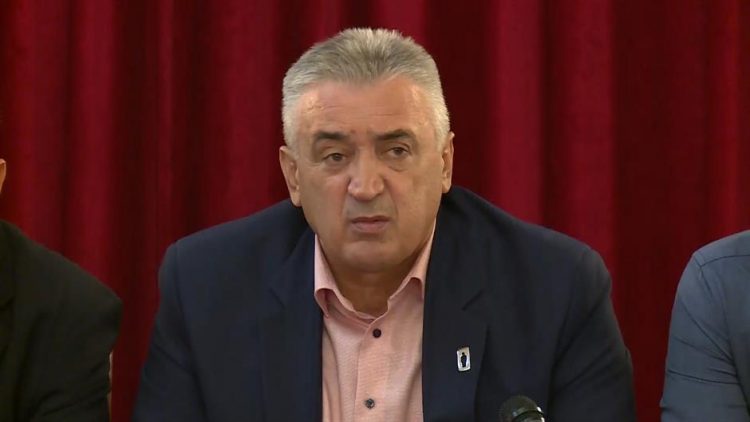
Veljko Odalovic, Serbian official who chairs government’s commission for demarcation with Bosnia and Herzegovina, said agreement of the two countries on the border issue is possible, despite the fact their authorised bodies dealing with this problem have not met for the past nine years.
According to Odalovic, the agreement is necessary for the sake of huge infrastructural projects which are in a stalemate due to the border issue.
“It is important to arrange a meeting of the two commissions because we don’t have too complex and difficult issues and mysteries here,” he told Tanjug news agency, adding that this problem will become a subject of arbitration if the agreement is not reached.
Odalovic said certain progress has been made two months ago when representatives of Bosnia and Serbia determined two undisputable spots along the border between the two countries.
“That gives me hope that there is a will in Bosnia and Herzegovina for meeting and talks on these subjects. Serbia insists on resuming the talks where they stopped nine years ago, with the topics that were agreed back then, and to start heading towards a solution that is acceptable for both countries,” he said.
According to him, Serbia already informed Bosnia of assembling a commission to deal with this matter and is ready for the meeting.
“It is possible to discuss how to determine the state border but annexes must solve the problem of hydropower plants and Belgrade-Bar railway, and also optionally the issue of enclaves,” Odalovic told media.
He recalled that the last meeting of Bosnia’s and Serbia’s commissions in charge of this issue was held in June 2010 in Belgrade, when they determined certain rules and criterium that are supposed to lead to the final solution.
According to him, there was a good initiative that was agreed in principle but then Bosniak member of Bosnia’s Presidency Bakir Izetbegovic dismissed it.
“Bosnian side then insisted on determining the border which had existed at the time of Bosnia and Herzegovina’s secession from Yugoslavia, and we had a very clear stance that geographical, economical, demographical and infrastructural segments must be taken into account in order to have a functional and sustainable line, which would have as few potential problems in the future as possible,” explained Odalovic.
He added that those criteria are valid in all places that were affected by war conflicts or forceful secessions, and according to which the international agreement on borders was signed. Those should be, as Serbia suggests, applied in four disputable cases: hydropower plants Zvornik and Bajina Basta, 10-kilometre long railway Belgrade-Bar, which passes through Bosnia, and the municipalities of Rudo and Priboj.
“Those are our positions we will insist on,” he stressed.




